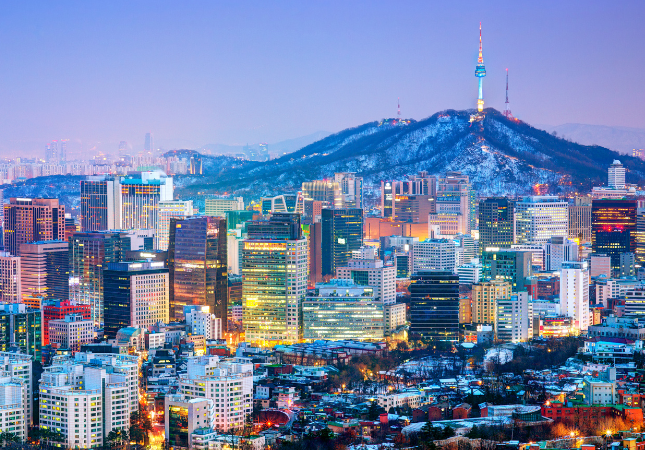Japan’s Silver Week refers to a trio of consecutive holidays in September, which doesn’t occur every year. After 2015, Silver Week will next come along in the year 2026 (this is due to the equinox changing yearly). The three holidays in question are Respect for the Aged Day, Autumnal Equinox Day, and Citizens’ Holiday, which falls between the other two. These three holidays run from September 21 to 23 in 2015. This week ranks second to Golden Week, which occurs in April – May.
Citizens’ Holiday, known as kokumin no kyüjitsu in Japan, is any day that falls between two other national holidays. Hence the Tuesday between Respect for the Aged Day and Autumnal Equinox Day this year is a public holiday. Respect for the Aged Day is exactly what its name indicates, a day to honor the elderly and celebrate long life. It has been celebrated on the third Monday of September since 2003. Autumnal Equinox Day is a day of honoring one’s ancestors and remembering the dead, and falls on the day in autumn when night and day are the same length.
The U.S. Embassy’s website provides a list of holidays observed at the Embassy in Tokyo and Consulate in Osaka. There will be no depositions on these holidays in Japan, as the Embassy and Consulate will be closed in observance, and your witness will be celebrating the holiday. Most businesses close for holidays in Japan as well. Holidays are also a time of peak travel, so if you are scheduling depositions during that week, make sure you book well in advance. Airline tickets are snapped up very quickly, and prices skyrocket in a blink. In fact, the holidays will affect travel throughout Asia as a whole, which is something to keep in mind if you have depositions in Korea or Taiwan the third week of September, for example.
Once you have selected the dates for your depositions in Japan, there is still much to do, as explained in a previous three-part blog series. Working with a firm with considerable experience and seasoned teams on the ground goes a long way toward simplifying the intricate process. For example, if the reporter, videographer and interpreter are residents or have permanent visas, there is no need to worry about a deposition visa for them. Additionally, the reporter and videographer who reside in Japan can provide excellent advice about where to go during your stay, as well as practical tips regarding navigating traffic, ATMs, and the like. Working with such a firm which has built a working relationship with the Embassy and Consulate makes for a smooth experience taking depositions in Japan, and their guidance during the scheduling process calms nerves and ensures no details or deadlines are missed.
About Planet Depos – Planet Depos has had reporters and videographers living in Japan for over a decade and has built a reputation second to none when it comes to taking depositions in Japan. For expert information on scheduling depositions in Japan, contact Planet Depos International Scheduling at 888.433.3767 or international@planetdepos.com.
